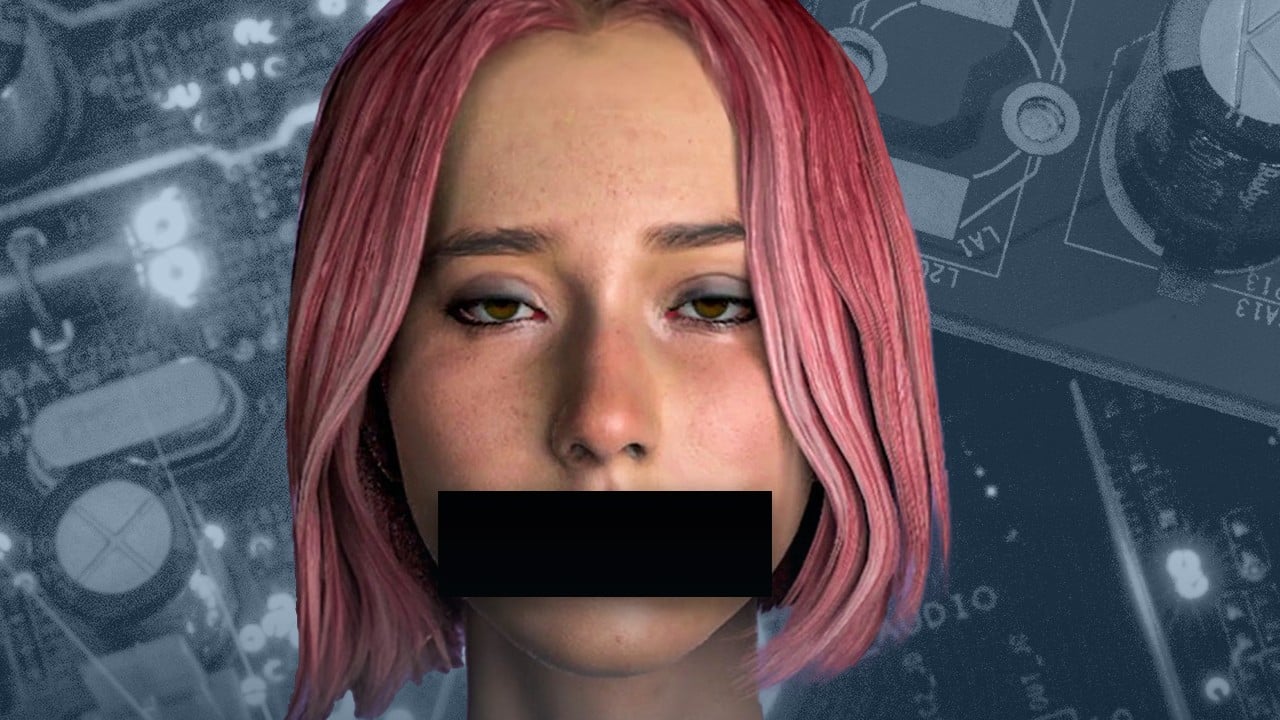
AI, superconductor experts joined Chinese summer leadership retreat in Beidaihe
- Theme of the annual gathering was ‘high-level scientific and technological self-reliance’, according to state media
- Qiao Hong, whose area is brain-inspired robotics, vowed to carry out ‘original work’ to serve the country’s strategic needs
They were some of the more than 1,300 experts invited to the annual gathering at Beidaihe since 1998, according to the report on Tuesday.
The arrangement can shed light on the key concerns in Beijing. The report said the theme for this year’s retreat was “high-level scientific and technological self-reliance” – a priority for Beijing to counter US moves to block China from developing cutting-edge technologies such as AI.
“[We] hope all experts … make new and greater contributions to achieving high-level scientific and technological self-reliance,” the president’s chief of staff Cai Qi told the experts at Beidaihe, according to Xinhua.
The experts were mostly from areas that are critical to Beijing’s ambitions, including AI and aerospace technology, the report said, calling them “a source of glory for the nation”.
It said Qiao Hong, an AI expert at the Chinese Academy of Sciences’ (CAS) Institute of Automation, had pledged to carry out “original work” to serve the country’s strategic needs.
She returned to China from the United Kingdom in 2004 under the “100 talents” scheme to lure back expatriates from the West.
Zhao Hongwei, from the CAS Institute of Modern Physics, was also at Beidaihe, the report said.
A specialist in ion accelerator physics, Zhao has made innovative contributions to technologies that could be used to advance nuclear research, according to the CAS website.
Radar expert Long Teng, a professor at the Beijing Institute of Technology, was also at the gathering, People’s Daily reported on Wednesday. Long is an expert in real-time information processing from air-to-ground detection, which is critical for security and intelligence.
3 barriers to China’s hi-tech self-sufficiency quest – and 1 potential pay-off
An exhibition charting key Chinese technological breakthroughs lined the walls of the hotel where the scientists stayed in Beidaihe, according to Xinhua.
Sunway TaihuLight is a supercomputer that was the fastest in the world when it was launched in 2016. It was surpassed by the US-built supercomputer Summit in 2018. The Mozi, also launched in 2016, is the world’s first quantum satellite. It can protect against hackers by relaying the quantum key for data encryption.


